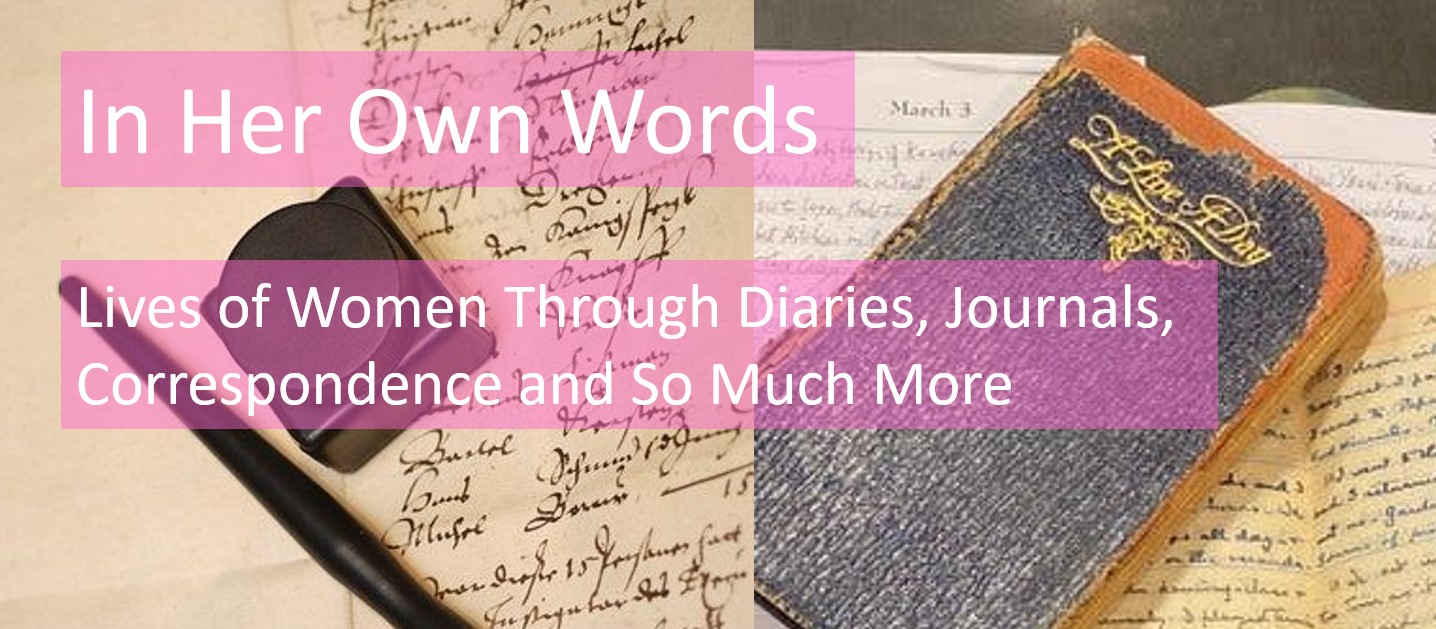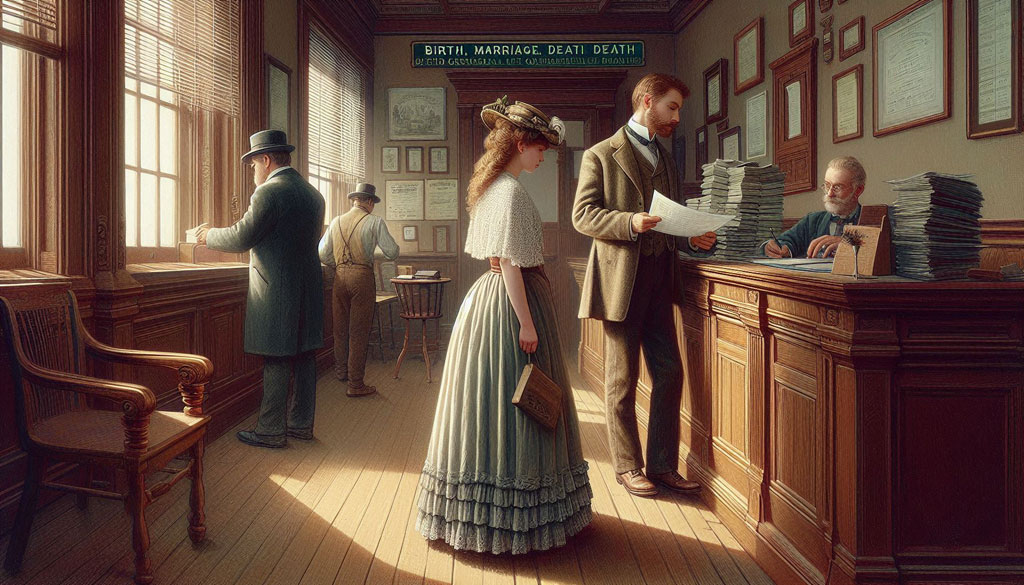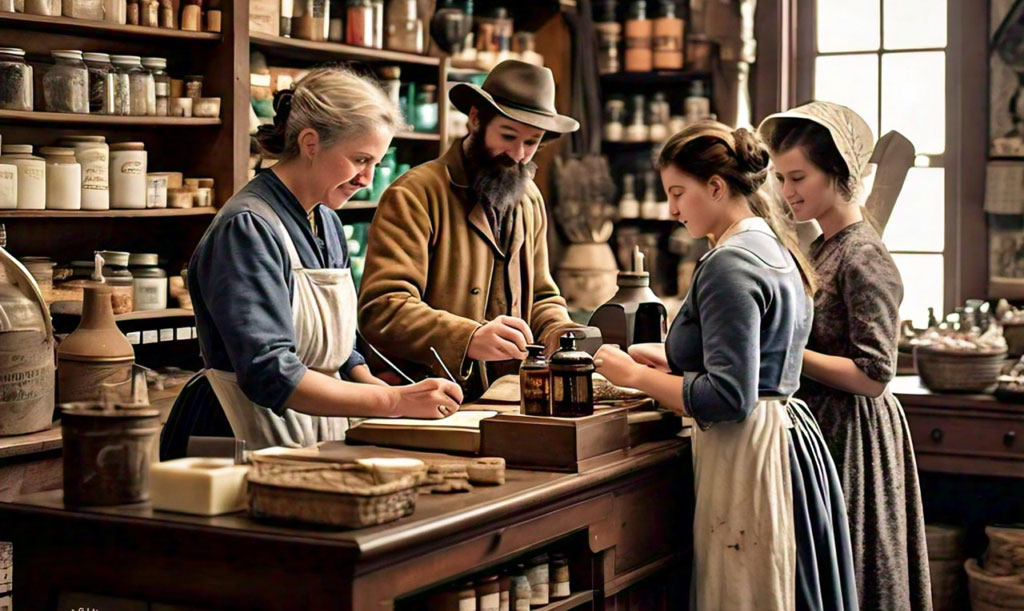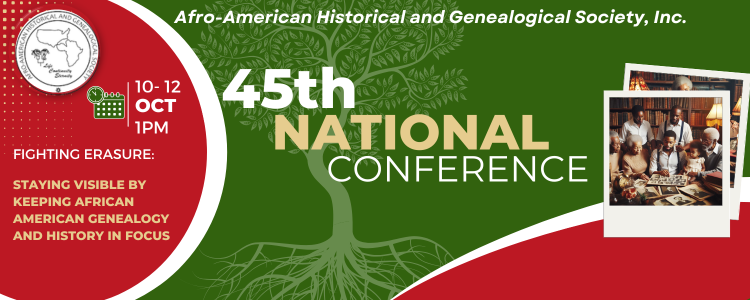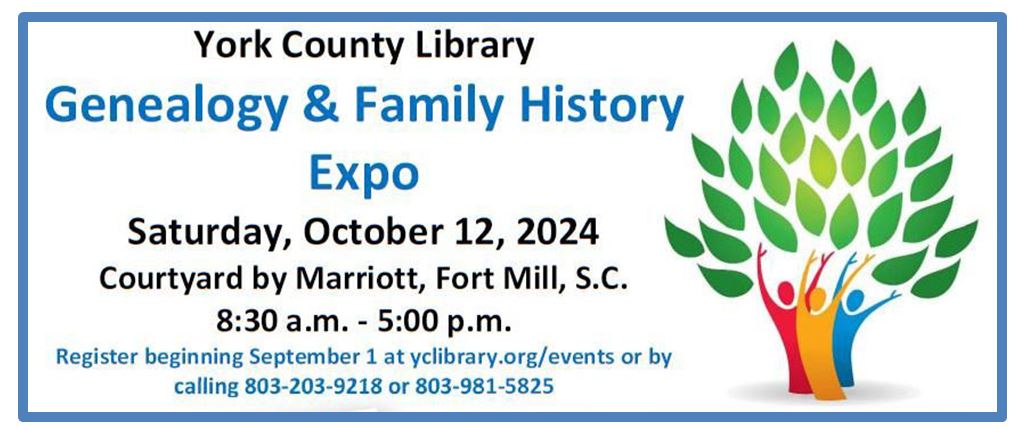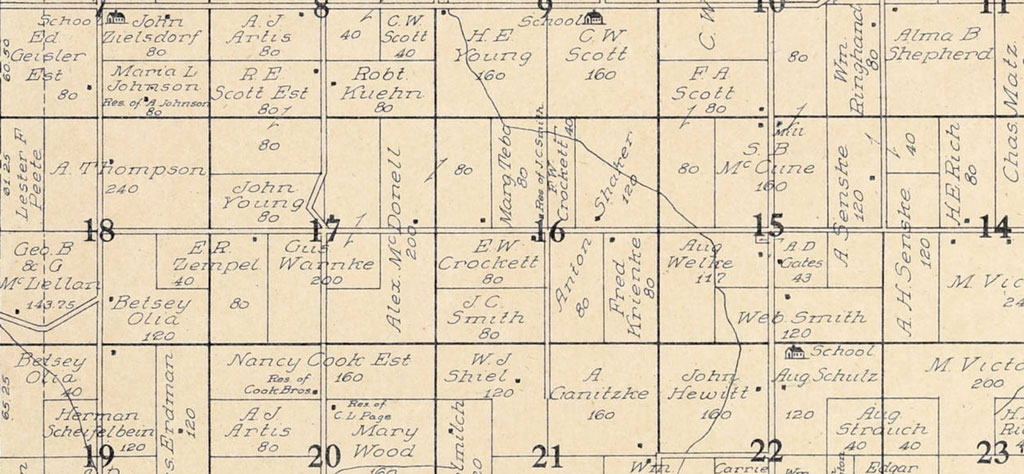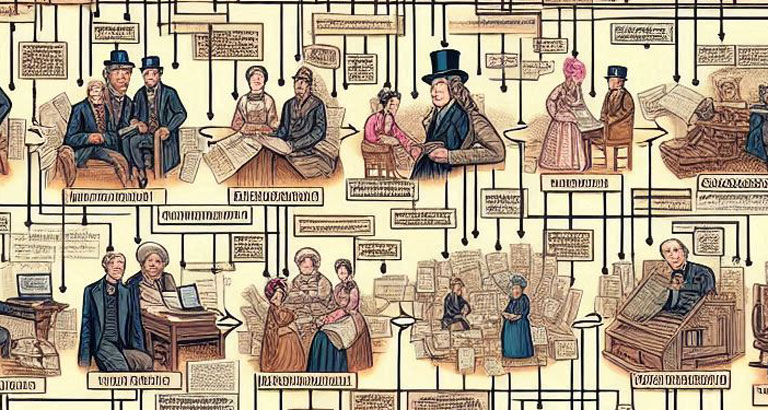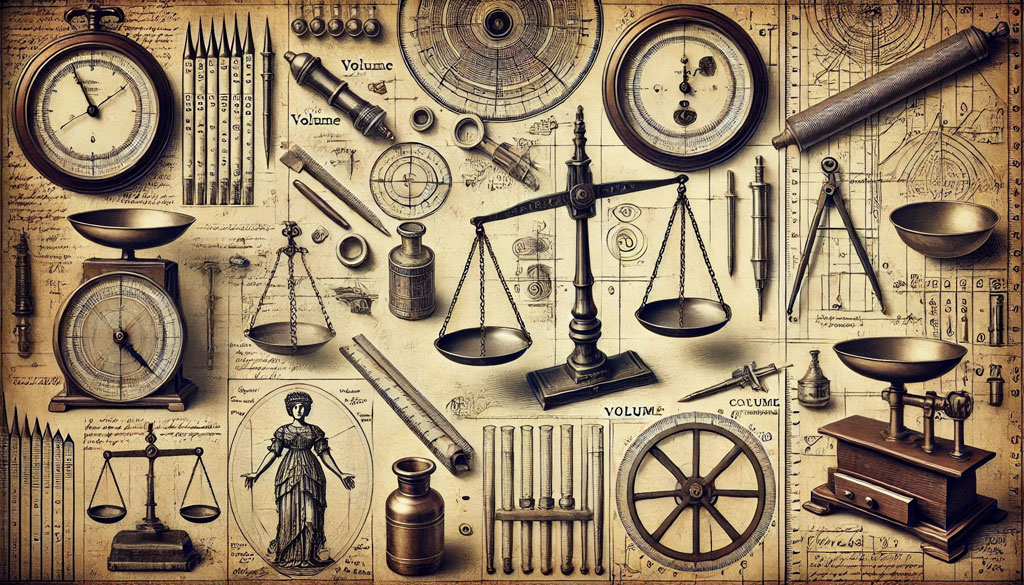In Her Own Words – Lives of Women Through Diaries, Journals, Correspondence and So Much More (Women)
Women are traditionally challenging to document in historical public records due to a lack of independent assets and rights. Personally written diaries, journals, correspondence, and more can help fill in gaps about female ancestors. This talk goes well past journals and diaries as “women” had voices in myriad ways, including the clubs and organizations they participated in, the annotations they made on common household items like calendars and cookbooks, or even their submissions to the state fair. There are many ways that women “spoke” throughout history. In contrast to males, we must look at different kinds of records to find our female ancestors' “own words.” We’ll explore almost 20 records where women ARE documented in the 18th-20th centuries.

